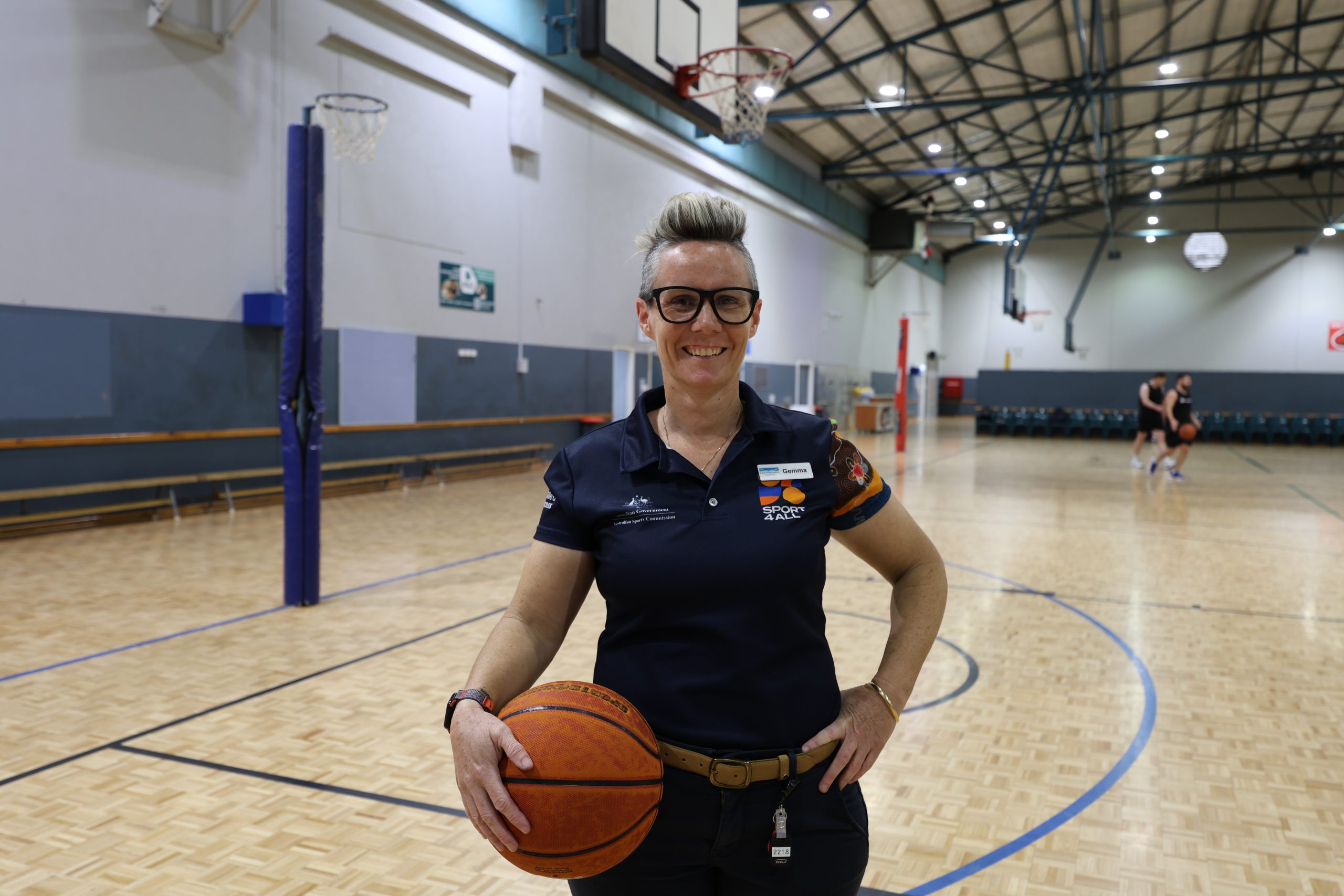Self-care in times of stress: Top tips for taking care of yourself
This is branded content.
Let’s be honest, life gets hectic. Whether it’s looming deadlines, a difficult client, financial pressure, or the everyday juggle of work and family, stress can sneak in fast and hit hard. And while we Aussies are known for our laid-back attitude, even the best of us can buckle under pressure if we don’t take care of ourselves.
When stress strikes, self-care isn’t a luxury – it’s a necessity. You can’t pour from an empty cup, and ignoring your physical, mental, and emotional well-being only leads to burnout. So, how do you stay grounded when everything feels like it’s spiralling?
Taking a bubble bath or treating yourself to a facial or a massage at a cosmetic clinic are great ways to feel better. But sometimes, even that can be hard to organise when we’re feeling down in the dumps. Let’s explore more options for self-care in times of stress, so you can take the best care of yourself based on your needs.
Prioritise the basics: Sleep, nutrition and movement
It sounds simple, but the foundations of self-care are the things we often let slide first.
Sleep
Stress can wreak havoc on your sleep, but sleeping is when your body and brain do the most important repair work. Aim for 7-9 hours a night. Create a calming routine-no screens for an hour before bed, a cool, dark room, and maybe a podcast or meditation app to help you wind down.
Eat well (most of the time)
When you’re busy or overwhelmed, it’s tempting to live off takeaway or skip meals. But good nutrition fuels your brain and stabilises your mood. Keep it simple – batch cook on weekends, have healthy snacks on hand, and stay hydrated (yes, that means water, not just coffee).
Move your body
You don’t have to run a marathon. A 20-minute walk, a bit of stretching, or a dance in your lounge room can release endorphins and shift your mood. Physical activity also helps to discharge built-up tension – literally moving the stress out of your body.
Manage your mindset
Mental health isn’t just about avoiding breakdowns-it’s about maintaining resilience and clarity when things get tough.
Practice mindfulness
Mindfulness isn’t all incense and chanting. It’s simply the act of paying attention to the present moment. Try a short daily meditation, mindful breathing, or just noticing your surroundings on your commute. It helps pull you out of the mental spin cycle.
Challenge negative thoughts
When you’re stressed, your inner critic tends to turn up the volume. Pay attention to your self-talk. Would you speak to a mate that way? Probably not. Reframe the narrative – replace “I can’t handle this” with “I’m doing the best I can.”
Set boundaries
Sometimes stress is magnified by saying “yes” too often. Be honest about what you can take on. Setting boundaries isn’t selfish – it’s essential for long-term well-being and productivity.
Stay connected (Even when you don’t feel like it)
It’s easy to withdraw when you’re overwhelmed, but human connection is one of the most powerful buffers against stress.
Talk it out
Whether it’s a friend, a family member, or a therapist, having someone to talk to makes a big difference. Sometimes just saying things out loud helps you make sense of them.
Reach out early
Don’t wait until you’re at breaking point. If things are feeling heavy, speak up. Organisations such as Beyond Blue and Lifeline offer support for those doing it tough.
Lean on community
Join a local club, take a class, or volunteer-even online. Feeling part of something bigger than yourself provides perspective and purpose.
Create micro-moments of joy
You don’t need a week off in Byron Bay to feel better (though we wouldn’t say no). Inject small moments of joy into your everyday life to boost your mood and remind yourself that not everything is overwhelming.
Do something you love
Read a book, bake, garden, paint, play music-anything that lights you up. Even ten minutes a day can make a difference.
Laugh more
Watch a funny show, follow a meme account, or chat with someone who cracks you up. Laughter lowers cortisol and helps you reset emotionally.
Disconnect to reconnect
Give yourself a break from the constant scroll. Social media can fuel stress and comparison. Log off, go outside, and be present with real life.
Set realistic expectations
We’re not machines. Yet many of us set ourselves productivity targets that would exhaust a team of robots.
Lower the bar (just a bit)
During stressful times, give yourself permission to do “just enough.” This might mean a basic to-do list instead of a master plan, or working in short, focused blocks rather than marathon sessions.
Celebrate small wins
Ticked off an email? Had a proper lunch break? Got out of bed on time? That counts. w, even the tiny kind, builds motivation and reduces overwhelm.
Embrace “good enough”
Perfectionism is a trap. In most cases, done is better than perfect. Focus on what matters most and let the rest be what it is.
Ask for help (and accept it when offered)
Many of us have a hard time asking for help, especially in work or business settings where self-sufficiency is often praised. But needing support doesn’t make you weak; it makes you human.
Delegate where you can
Whether it’s outsourcing some admin, hiring a cleaner, or asking your partner to cook dinner, letting go of some responsibilities can ease the load.
Professional help is powerful
Therapists, coaches, and mentors aren’t just for crisis points. They can provide tools, strategies and an outside perspective to help you navigate stress more effectively.
Self-care isn’t selfish
In a world that’s constantly telling us to hustle, it’s an act of quiet rebellion to take care of yourself. But self-care doesn’t have to mean slowing down completely-it’s about building habits and support systems that help you stay balanced, even when life gets chaotic.
Stress might be unavoidable, but burnout isn’t. So next time things start to feel overwhelming, pause. Breathe. Choose one small thing you can do to care for yourself today. Because the better you look after yourself, the better you’ll be – at work, at home, and in life.
If you or someone you know is in crisis and needs help now, call triple zero (000). You can also call Lifeline on 13 11 14 – 24 hours a day, 7 days a week.



















